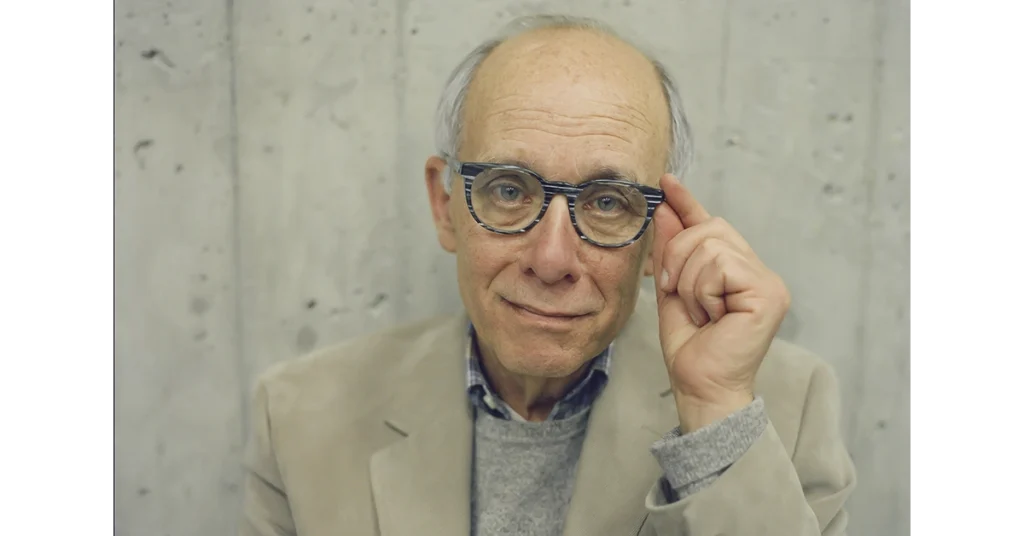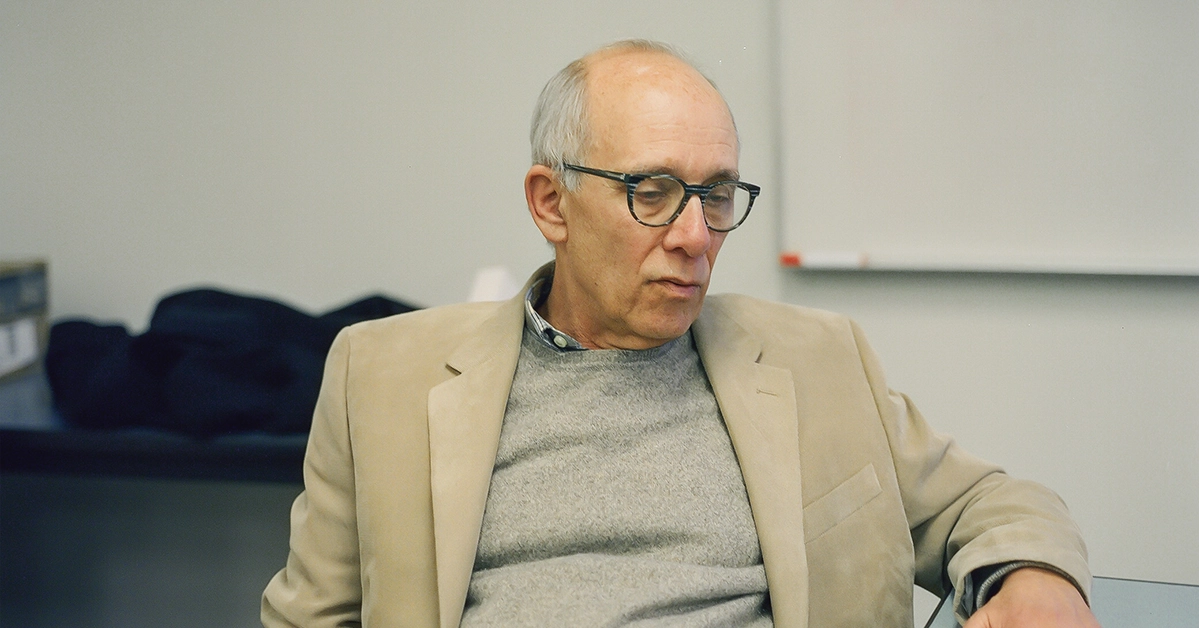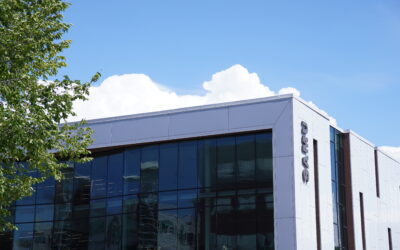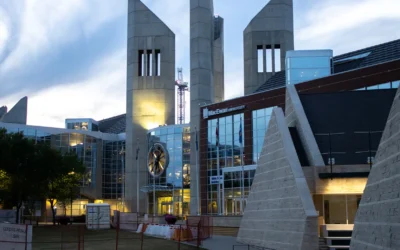Alberta is changing — and former mayor of Edmonton Stephen Mandel has kept the younger generation in mind with his plan for the province’s changing political and economic landscapes. On Monday, Jan. 29, students at MacEwan University heard Mandel’s plan for the future of the province, which he intends to implement through his Alberta Party leadership candidacy platform. Students also had the opportunity to ask a number of questions about issues that were important to them. One of the griff’s volunteer writers, Austin Schuster, sat down with Mr. Mandel afterward and asked him about his leadership platform, and why it’s relevant to those of us living the student lifestyle.
Austin Schuster: After spending nine years as the mayor of Edmonton, what made you decide to run for leadership of the Alberta Party?
Stephen Mandel: I felt, after spending three terms as mayor, that it was time to go, and that I had no intention of coming back municipally. I decided to run on the provincial level because I think that I am bringing a sustainable vision to the Alberta Party, and to the province, a vision that’s meant to bring back the “Alberta advantage,” and motivate people to come back to Alberta and to invest in Alberta.
AS: Have there been any differences running on the municipal versus provincial level?
SM: One of the provincial leadership factors that is really important is creating opportunities in all corners of the province, and creating opportunities that are equitable for everyone. It’s a broader vision that you have to have that will incorporate the provincial population of four million, versus a municipal population of one million. Municipal issues include things like snow clearing, road maintenance, transit, police, and fire services, whereas provincial issues are more concerned with healthcare, education, welfare, and creating a positive economic environment. So there’s a broader range of issues to address.
AS: Has it been any more difficult designing a platform intended to address provincial versus municipal concerns?
SM: I don’t think it’s been any more difficult, but just like in cities, rural Alberta has different issues that we need to understand and make an effort to correct. Rural Alberta needs to be sustainable in terms of economic and social opportunity, just like other, urban centers.
AS: In terms of your leadership platform, could you give us a breakdown of your vision and why it’s relevant to students and a younger demographic in general?
SM: This is your (young people’s) province, and your future, and we need to consult with you to understand what future you want to see. Part of this involves speaking with university students and others who have just graduated, and assessing the lack of opportunities they feel need to be addressed, and working with them to develop a strategy to reach their goals. Another factor is the development of universities and the expansion of degree programs that can allow for equal opportunity for those who don’t otherwise have access to them in different places across Alberta.

AS: With recent claims by the United Conservative Party to cut student spending to humanities programs, what would your approach to student spending be?
SM: Our entire post-secondary education system needs to be reflective of a society. We need to have artists, psychologists, sociologists, economists, as well as engineers and musicians. Universities and colleges need to have programs that can create a well-rounded society. MacEwan was one of the leading suppliers of professional dancers in the country before they stopped the program — so there are ramifications for changing those things. I believe that post-secondary institutes are much more than a place for just reading, writing, and arithmetic.
AS: Is there anything else you’d like students to know about your vision for change?
SM: I think that it’s vitally important for the government to understand the importance of post-secondary education, and the investment into education; and also for students to understand the importance of this. Recognizing the importance of education helps society create an environment that you (students) need to be successful. Post-secondary students will build the province into what it will be, and we need to respect and encourage that, and listen to students.
Photography by Zakariya Ismail.





0 Comments